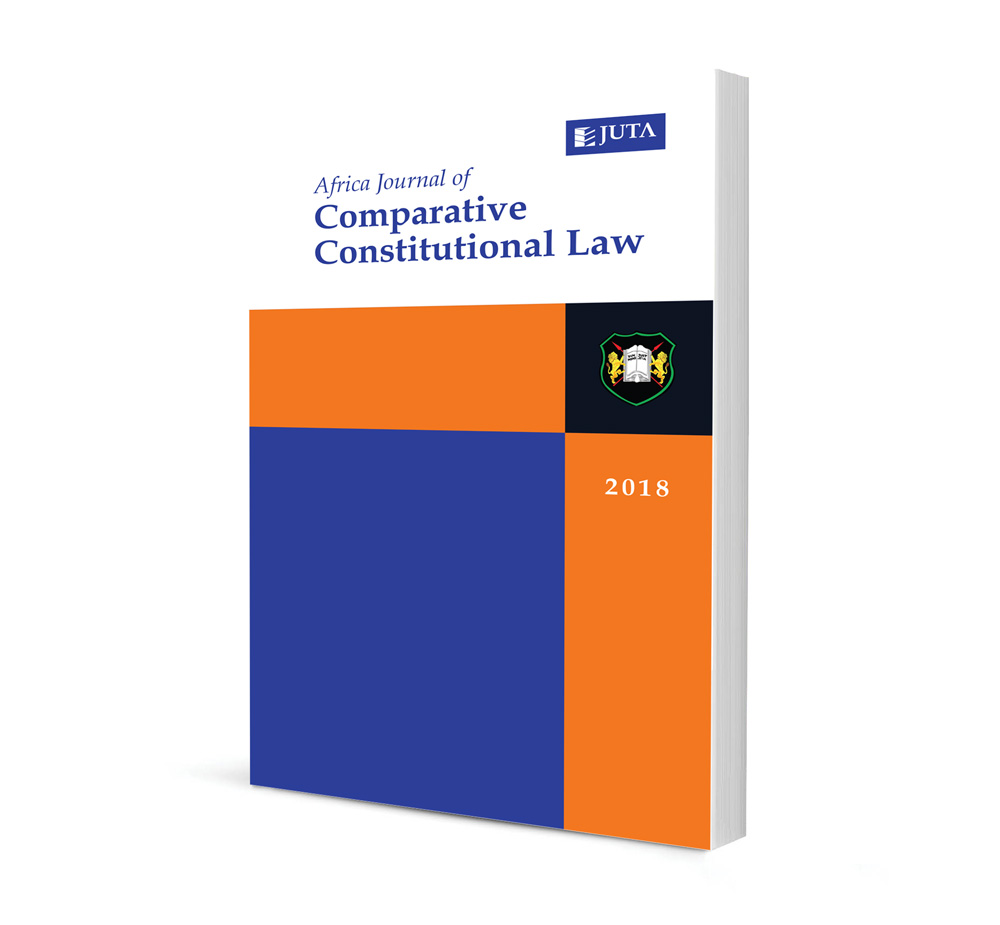
Judicial Interpretation of the Presidential Power of Pardon in Nigeria
Author: Sogunle Benjamin Abayomi
ISSN: 2521-5434
Affiliations: LLB (Hons), BL, LLM, Senior Lecturer, Faculty of Law, Olabisi Onabanjo University, Ago-Iwoye, Ogun State, Nigeria
Source: Africa Journal of Comparative Constitutional Law, 2021, p. 23 – 40
https://doi.org/10.47348/AJCL/2021/a2
Abstract
The exercise of the presidential power of pardon has generated periodic controversies and elicited various reform proposals in Nigeria in recent times because this power is often exercised in ways that are clearly at odds with Nigerian society’s interests, including granting pardons to further narrow partisan interests and other personal ends. Of utmost concern is the question of the proper time to exercise this power—whether before or after conviction or at any time in-between. Although the Supreme Court of Nigeria takes the view that the power should not be exercised until after conviction, this paper examines, by way of a comparative analysis, the full amplitude of this power within the narrow confines of this riposteprovoking issue, juxtaposing the reasoning of the Supreme Court of Nigeria against the text of the Constitution, and concludes that, since pardon, an act of grace, operates outside of strict legal rules, subjecting its exercise by the president to the high due process threshold canvassed by the court would defeat the essence of this power.